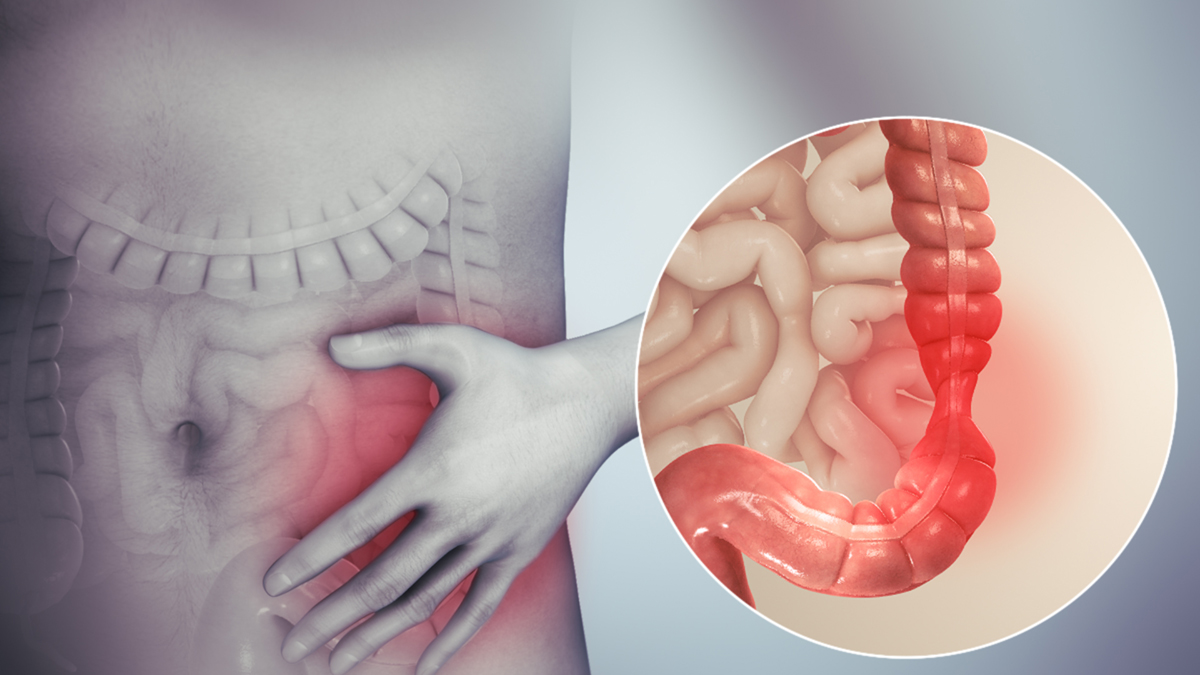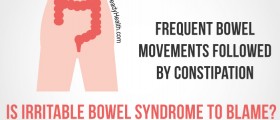
Introduction to Irritable Bowel Syndrome in Children
Irritable bowel syndrome (IBS) is a functional bowel disorder that mainly affects the large intestine (colon). Irritable bowelsyndrome has been also called spastic colon, functional bowel disease, andmucous colitis (this is, however, incorrect, because the term colitis refers to inflammatory bowel disease; inflammatory bowel syndrome, unlike Crohn’s disease or ulcerative colitis, does not cause inflammation in the bowel tissue).
IBS is common in people of all ages, including children. About 14 per cent of high school students and 6 per cent of middle school students report
IBS-like symptoms. Irritable bowel syndrome is not inherited, contagious, or cancerous. However, it may often disrupt daily activities.
Causes
The cause of this condition is still unknown. The intestines contract and relax in a coordinated rhythm as they move food from the stomach through the intestinal tract to the rectum. If one has irritable bowel syndrome, the contractions may be stronger and last longer than normal. Food is forced through the intestines more quickly, causing gas, bloating and diarrhea.
Sometimes, the opposite may occur. When the food passage slows down, the stool becomes hard and dry, causing the person to have greater discomfort than usual.
Researchers have discussed many explanations why this occurs, and these include: overgrowth of bacteria in the colon, stress, anxiety, depression, and reactions to certain foods etc. However, none of these have been proven to be the exact cause.
Symptoms and Treatment
Symptoms of this condition may vary from child to child, and may also be mistaken for symptoms of other diseases. They may turn out to be mild for some children and severe for others
The common symptoms include: abdominal pain and discomfort, irregular bowel habits, mucus in the stool, bloating, flatulence, a sense of not completely emptying the bowel, etc.
And because the exact cause of this condition is not known, the treatment usually focuses on relieving the symptoms. It can range from medication prescribed by the doctor, to simple changes included in the child’s diet. The treatment is prescribed taking into account the child's age, severity of the illness and the child's response or tolerance to the administration of medications or therapies.
The doctor may prescribe medicines to reduce pain, take care of the constipation, flatulence and diarrhea. However, these medications often have side-effects, so doctors only prescribe them when all else has failed.
Also, the doctor may ask the parents to watch out for the foods that may cause symptoms of IBS, and then try to eliminate them or give them to the child in limited amounts. The most common foods that trigger flare-ups are spicy, fatty foods, dairy products, chocolate, carbonated drinks, etc. It is important that the child have a high-fiber diet, because this has been proven to help relieve constipation and promote regular bowel movement.










_f_280x120.jpg)






Your thoughts on this
Loading...